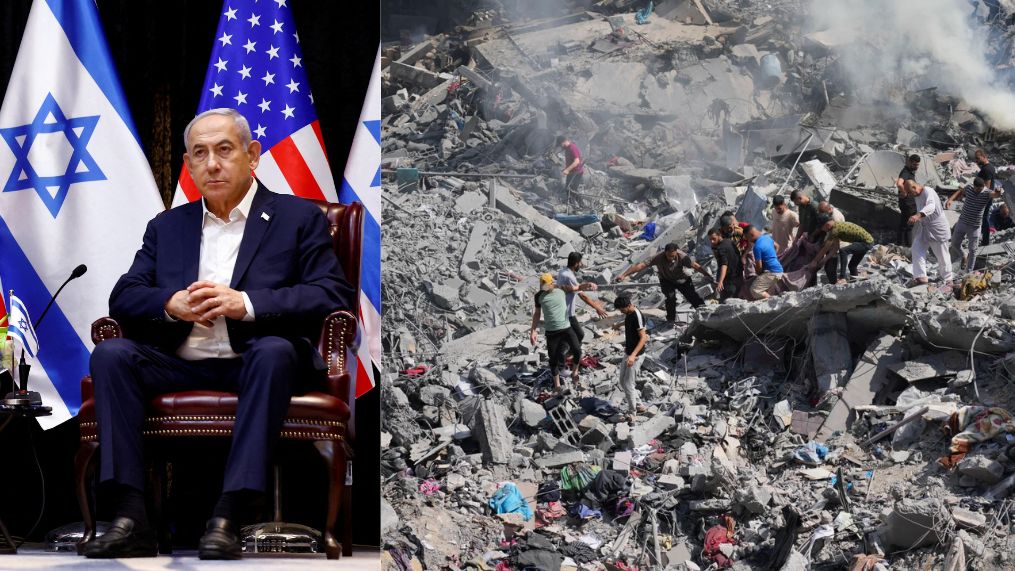The Biden administration is intensifying efforts to facilitate dialogue between Israel and Hamas, even if only through virtual means, amidst a worsening humanitarian crisis in Gaza.
As Hamas deliberates its negotiation tactics following discussions in Cairo, the U.N. warns of an imminent halt in humanitarian aid to Gaza, exacerbating the dire situation.
Hamas recently stated its acceptance of a proposal put forth by Qatari and Egyptian mediators, yet Israel rejected the terms, resulting in the collapse of the talks. Despite the setback, the White House remains committed to keeping both sides engaged in discussions, albeit virtually, to overcome their differences.
The situation in Gaza has become increasingly precarious, with the Israeli military tightening its grip on the region, particularly in the city of Rafah. As Israel advances its assault, civilians are being forced to flee, further exacerbating the displacement crisis.

The closure of the Rafah border crossing, the primary entry point for humanitarian aid, has compounded the dire situation, with U.N. agencies warning that essential supplies are running critically low.
The ongoing conflict has taken a heavy toll on civilians, with nearly 35,000 people losing their lives since the outbreak of violence. The international community is calling on Israel to reopen the Rafah crossing and cease its military operations in Gaza.
The Biden administration is facing mounting pressure to address Israel’s use of U.S.-supplied weapons, with concerns raised about potential violations of international humanitarian law.
As the conflict persists and the humanitarian crisis deepens, urgent action is needed to alleviate the suffering of civilians in Gaza. The Biden administration’s continued efforts to mediate dialogue between Israel and Hamas are important in finding a sustainable solution to the crisis.




